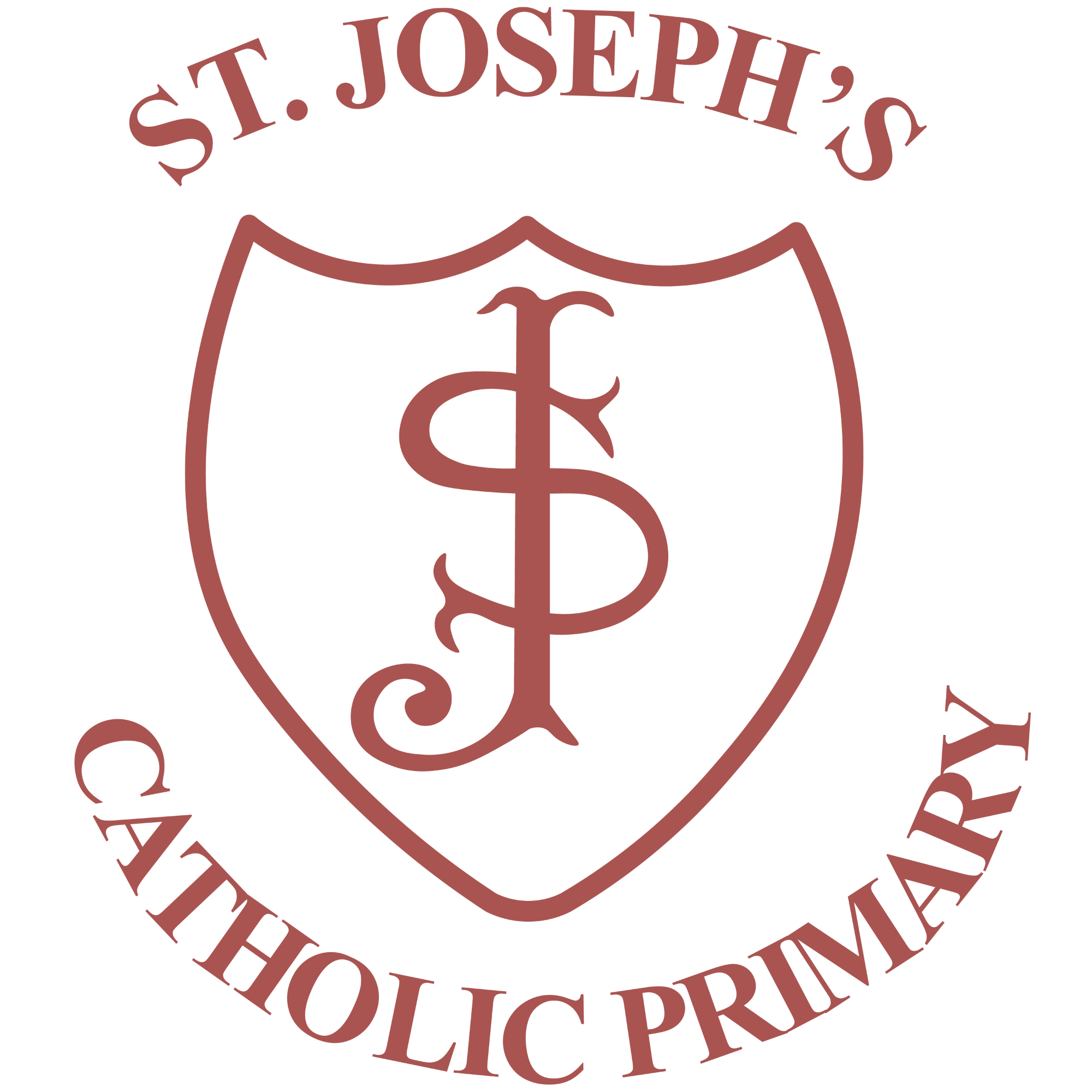Science
Science at St. Joseph's Catholic Primary School
At St. Joseph's Catholic Primary School, we are committed to providing our children with a high-quality science education that ignites their curiosity and helps them develop a deep understanding of the world around them. As a Voluntary Aided school, we have recently implemented the United Learning Curriculum for Science to ensure our children receive a well-rounded and progressive science education.
Substantive Knowledge
Our science curriculum is carefully sequenced to build upon children's prior knowledge and gradually develop their understanding of key scientific concepts. We place a strong emphasis on revisiting and reinforcing crucial content, ensuring children master the core knowledge they need to succeed. By preventing common misconceptions and teaching content that goes beyond the national curriculum, we aim to provide a firm foundation for children's future science education.
St. Joseph's Curriculum for science provides all pupils, regardless of their background, with:
Substantive knowledge:
Disciplinary Knowledge
Alongside developing substantive knowledge, we prioritise the explicit teaching and regular practice of working scientifically skills. We make deliberate connections to other curriculum areas, such as mathematics and geography, to ensure children have a consistent approach to acquiring and applying scientific knowledge and skills. Our practical tasks are purposefully designed to demonstrate or prove key concepts, allowing children to engage in relevant scientific enquiry.
St. Joseph's Curriculum for science provides all pupils, regardless of their background, with:
Disciplinary knowledge
Curiosity and Excitement
At the heart of our science curriculum is a desire to inspire children's curiosity and excitement about the natural world. We carefully select examples and applications that capture their imagination, and we ensure that children see themselves reflected in the diverse contributions of scientists from various backgrounds. By fostering this sense of wonder and connection, we aim to nurture a lifelong love of science in our children.
St. Joseph's Curriculum for science provides all pupils, regardless of their background, with:
Curiosity and excitement about science
Implementation and Impact
Our implementation of the United Learning Curriculum for Science reflects our broader teaching and learning principles, which prioritise building on prior knowledge, making connections across the curriculum, and providing ample opportunities for formative assessment and feedback. Through targeted questioning, pupil conferencing, and pre- and post-learning quizzes, we closely monitor children's progress and address any gaps or misconceptions that arise.
At St. Joseph's, we believe that science education is essential for preparing our children as confident, curious, and knowledgeable citizens.
